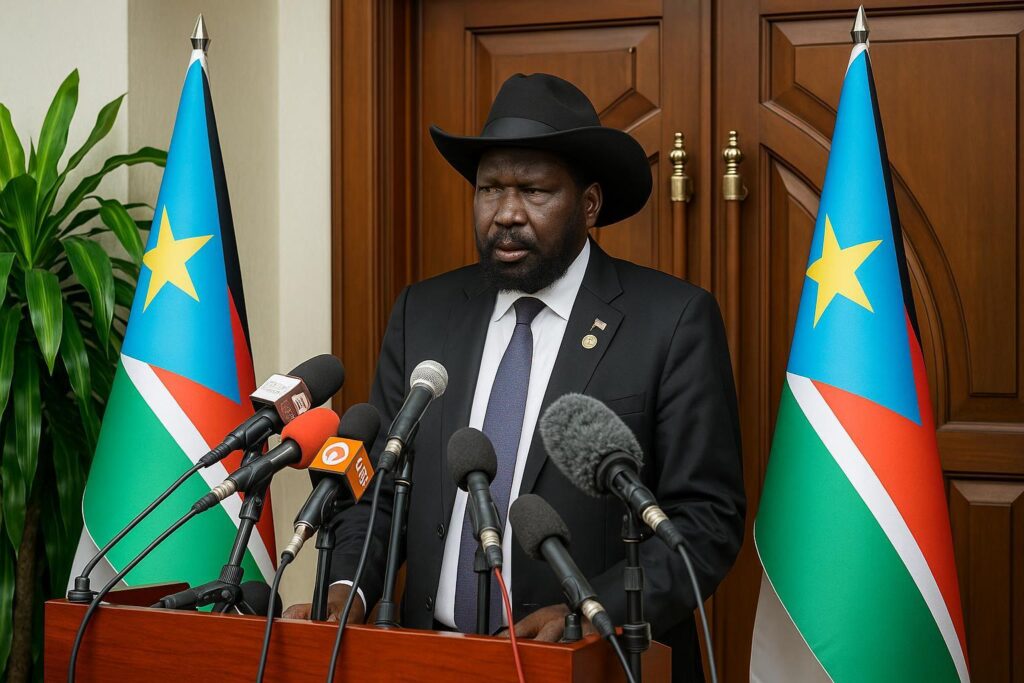Kiir’s Latest Move Reignites Dynasty Question
When President Salva Kiir named his daughter Adut Salva Kiir as Senior Presidential Envoy for Special Programmes, Juba’s political circles buzzed anew over the balance between family loyalty and public accountability.
State television framed the appointment as harnessing Adut’s philanthropic experience to advance humanitarian projects, yet opposition voices described it as another step toward entrenching a ruling lineage.
A Pattern in Juba’s Statehouse
South Sudanese watchers recall similar headlines last November, when Kiir’s son Thiik became Deputy Executive Director in the presidency, and in 2017, when brother-in-law General Gregory Deng was tapped to govern Upper Nile State.
A 2024 dossier by The Sentry calculated that 23 Kiir relatives hold shares in strategic firms, suggesting a porous boundary between corporate opportunity and public procurement.
From Kampala to Nairobi: A Continental Trend
Beyond Juba, family appointments pepper regional headlines. Uganda’s Gen Muhoozi Kainerugaba now commands the defence forces while his mother oversees education, and Kenya’s June Ruto directs foreign-service training after years in European missions.
Equatorial Guinea’s Teodoro Nguema Obiang Mangue holds the vice-presidency, consolidating both security and economic levers for a government long defined by longevity.
Governance Experts Weigh Benefits and Risks
Governance scholar Dr Lydia Ateny contends that kinship ties can speed decision-making because trust is implicit, saving scarce administrative time.
Yet, she cautions, unchecked familial patronage may dilute merit and erode citizens’ faith in political institutions, a sentiment echoed by Community Empowerment for Progress Organisation director Edmund Yakani.
Legal Grey Zones and Cultural Realities
Most African constitutions ban corruption but stay silent on hiring relatives, leaving ethics commissions to interpret the spirit rather than the letter of the law.
Analysts add that wartime displacement pushed many leaders to educate children abroad, shrinking the domestic talent pool and making family members among the few with global credentials.
Young Citizens Seek Merit-Based Future
Young South Sudanese like university student Nyathon Aguer voice pragmatic optimism, saying competence matters more than lineage, provided results are visible.
Civic groups urge clearer vetting processes, transparent asset declarations and regular performance audits, arguing these tools can reconcile familial appointments with the broader quest for accountable governance.


